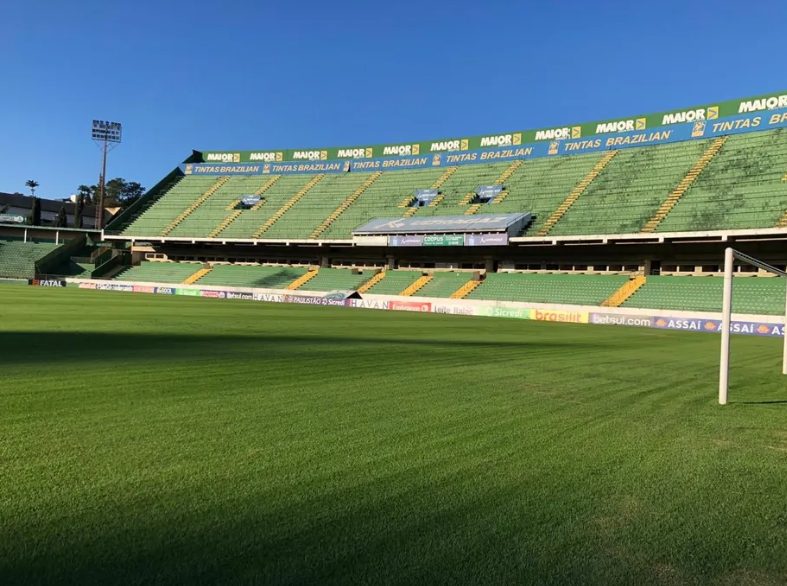Indonesia has always had a deep-rooted passion for football. The roaring crowds, the thumping drums, and the loyal fanbase that packs the stadiums every weekend are a testament to how ingrained the sport is in the country’s culture. But beyond just entertainment, live football in Indonesia is becoming a powerful engine propelling the nation’s sports economy forward.
The Popularity of Football in Indonesia
With over 270 million people and a majority being football enthusiasts, Indonesia ranks among the most passionate football-loving nations in Southeast Asia. From local leagues like Liga 1 to international events streamed live, fans are glued to their screens or present in the stadiums.
The surge in live football viewership has catalyzed a new wave of opportunities in sports media rights, ticket sales, merchandise, and digital platforms. This is helping both the economy and employment sector bloom like never before.
How Live Broadcasts Boost Revenue
Live football broadcasts bring in huge money. Media companies pay millions for broadcasting rights, which in turn fuel clubs’ operations and player development. Broadcasters benefit from advertising revenue, and advertisers get access to millions of viewers.
Here’s a quick look at the estimated financial impact:
| Sector | Impact Value (in USD) |
| Media Rights (annual) | $120 million |
| Football Merchandise Sales | $60 million |
| Stadium Ticketing | $45 million |
| Sports Tourism | $30 million |
| Online Betting Revenue | $150 million |
🎯 Insight: Live football creates a full-circle economy benefiting broadcasters, advertisers, sports brands, and even hospitality industries.
Digital Platforms and Fan Engagement
Digital platforms have taken football engagement to the next level. Fans don’t just watch games—they live them. From social media buzz to real-time betting and fantasy leagues, the interaction is non-stop.
Popular platforms like Sbobet have emerged as go-to hubs for fans to place live bets on football matches. These platforms offer real-time odds, match predictions, and stats, bringing both thrill and profitability for sports enthusiasts.
Similarly, bolagila provides a seamless experience for fans who want detailed updates, live scores, and betting opportunities—all under one roof.
💡 Fun Fact: Indonesia has seen a 300% increase in online sports betting activity since 2019, much of it driven by live football engagement.
The Role of Local Leagues and Talent Development
Indonesia’s own Liga 1 has improved drastically in terms of quality, competitiveness, and professionalism. Investments in youth academies and grassroots football are finally starting to pay off, not just in terms of player quality but also in monetary returns.
Clubs are now more commercially aware, signing sponsorship deals, opening online stores, and creating content for fans worldwide. With more talented players emerging, international scouts are paying attention, creating export opportunities for players and income for clubs.
🏟️ Stadiums are upgrading too, which increases tourism and hospitality revenue during match days. It’s a win-win situation.
Final Thoughts
Live football in Indonesia is more than just a sport—it’s a powerful economic driver. From broadcasters and betting platforms like Sbobet and bolagila to grassroots clubs and national leagues, every corner of the industry is seeing financial growth and enhanced engagement.
Indonesia’s sports economy is evolving fast, and live football is leading the charge. As long as this momentum continues, the nation is poised to become a true Southeast Asian football giant—not just on the field, but in the business world too. ⚽💰
Veja mais notícias do Ceará, acompanhe os jogos, resultados e classificação além da história e títulos do Ceará Sporting Club.

